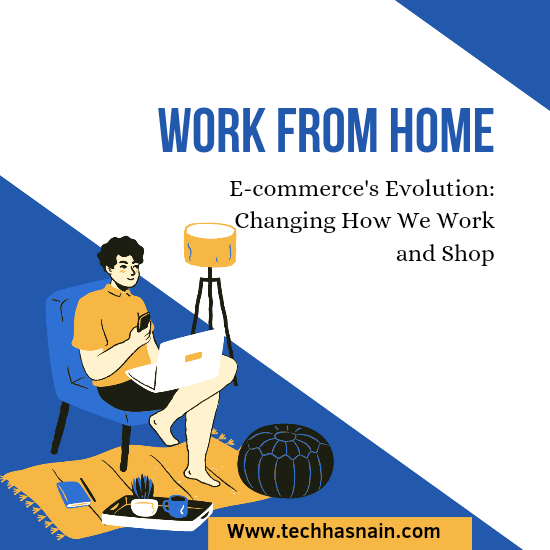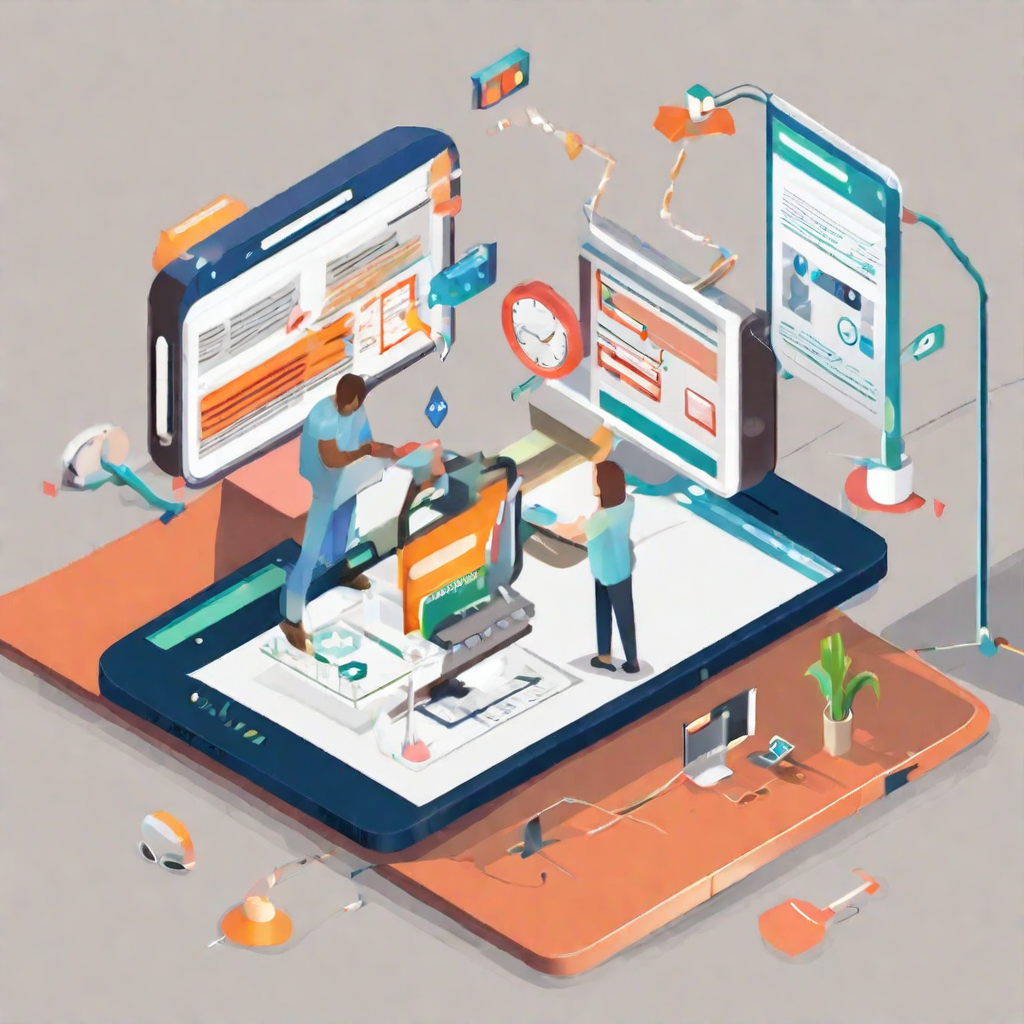 |
| Work From Home |
Growth of e-commerce
E-commerce has advanced significantly since its early days in the 1990s. Technology improvements have made the internet more accessible and increased the appeal of online shopping. Consumers from all around the world are becoming more and more drawn to e-commerce platforms because of the convenience, simplicity, and wider product availability they offer.
The growth of internet enterprises and the creation of new opportunities for entrepreneurs have both been spurred by this increase in demand.
A Shift in Work Models
The emergence of e-commerce has significantly altered the nature of labour paradigms. Online merchants are now putting pressure on conventional brick-and-mortar establishments, compelling them to change or risk becoming obsolete.
E-commerce platforms level the playing field and increase market competition by allowing small firms and individuals to reach a worldwide audience without the requirement for a physical storefront.
E-commerce has also given rise to novel forms of employment. Freelancers and independent contractors are finding jobs in fields including e-commerce website development, digital marketing, logistics, and customer support thanks to the thriving gig economy. Additionally, remote employment has grown in popularity, enabling people to work for e-commerce firms from any location in the world.
Enhanced Scalability and Efficiency
Logistics and supply chain management have been transformed by e-commerce. E-commerce businesses can function more effectively if procedures like inventory management, order fulfilment, and shipping can be automated. This not only lowers expenses but also helps firms grow quickly and handle higher order volumes.
E-commerce platforms also offer useful data insights that help companies optimize their operations. This information assists businesses in making data-driven decisions, personalizing marketing efforts, and improving the entire customer experience. Examples include consumer preferences and purchasing behavior, as well as website traffic analysis.
Increasing Global Impact
Geographical barriers have been removed through e-commerce, allowing companies to reach a global clientele. Without the requirement for actual stores or distribution networks in every nation, businesses can now access global marketplaces. Businesses of all sizes now have access to a vast array of options because to the globalization of e-commerce, which has made it relatively simple for them to reach out to new clients and markets.
However, becoming global also comes with difficulties, such as adjusting to other cultural norms and legal systems. To serve a variety of markets and guarantee a flawless cross-border purchasing experience, e-commerce enterprises must modify their methods.
The Future of Online Shopping
E-commerce has a bright future as technology develops further. Artificial intelligence (AI), augmented reality (AR), and virtual reality (VR) are some of the emerging technologies that have the potential to significantly transform the e-commerce sector. Instant customer service is provided by AI-powered chatbots, and buyers may virtually experience things before making a purchase thanks to AR and VR technologies.
Blockchain technology and other improvements in payment systems are also improving the efficiency and security of online transactions. In e-commerce, cryptocurrency is also gaining popularity as a legitimate payment option.







Post a Comment
0 Comments